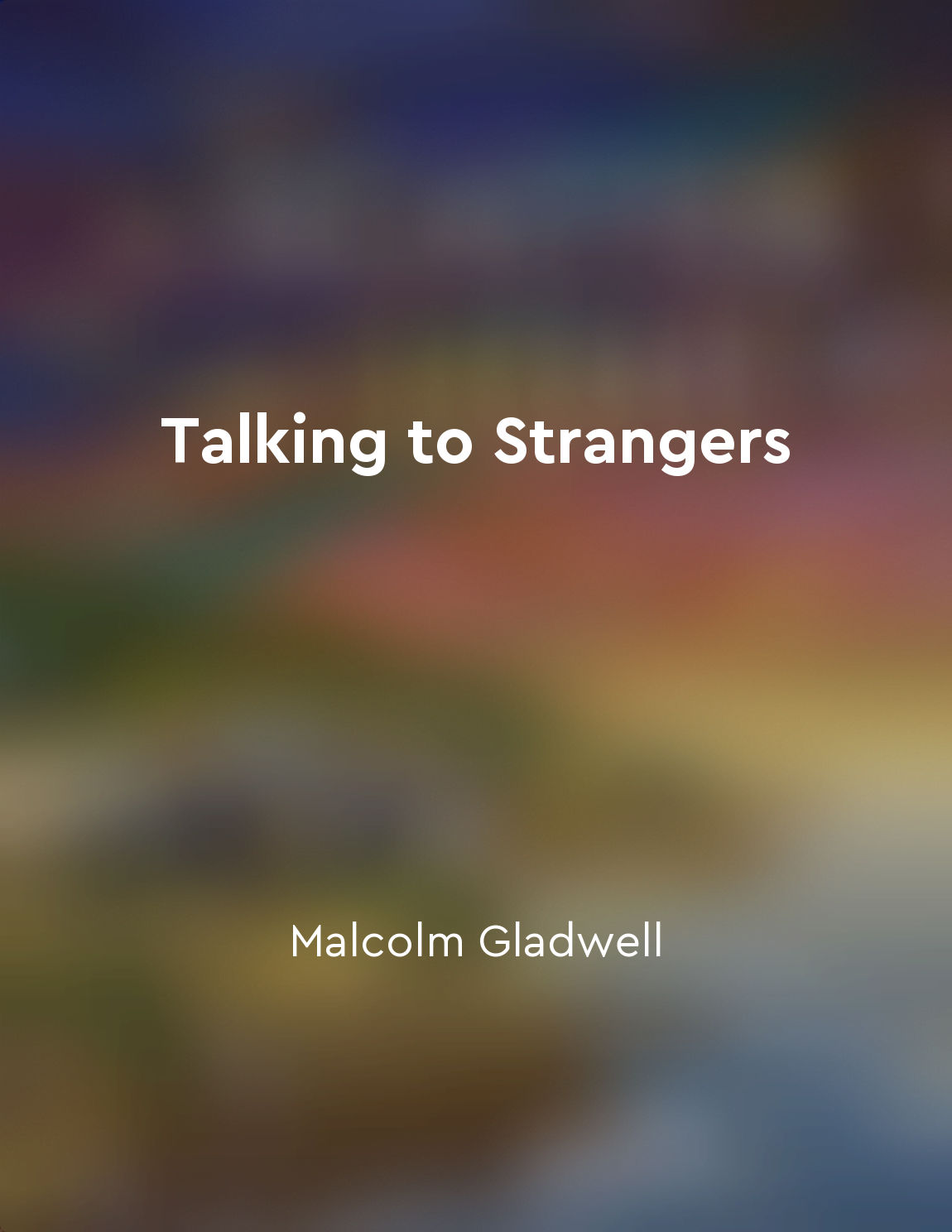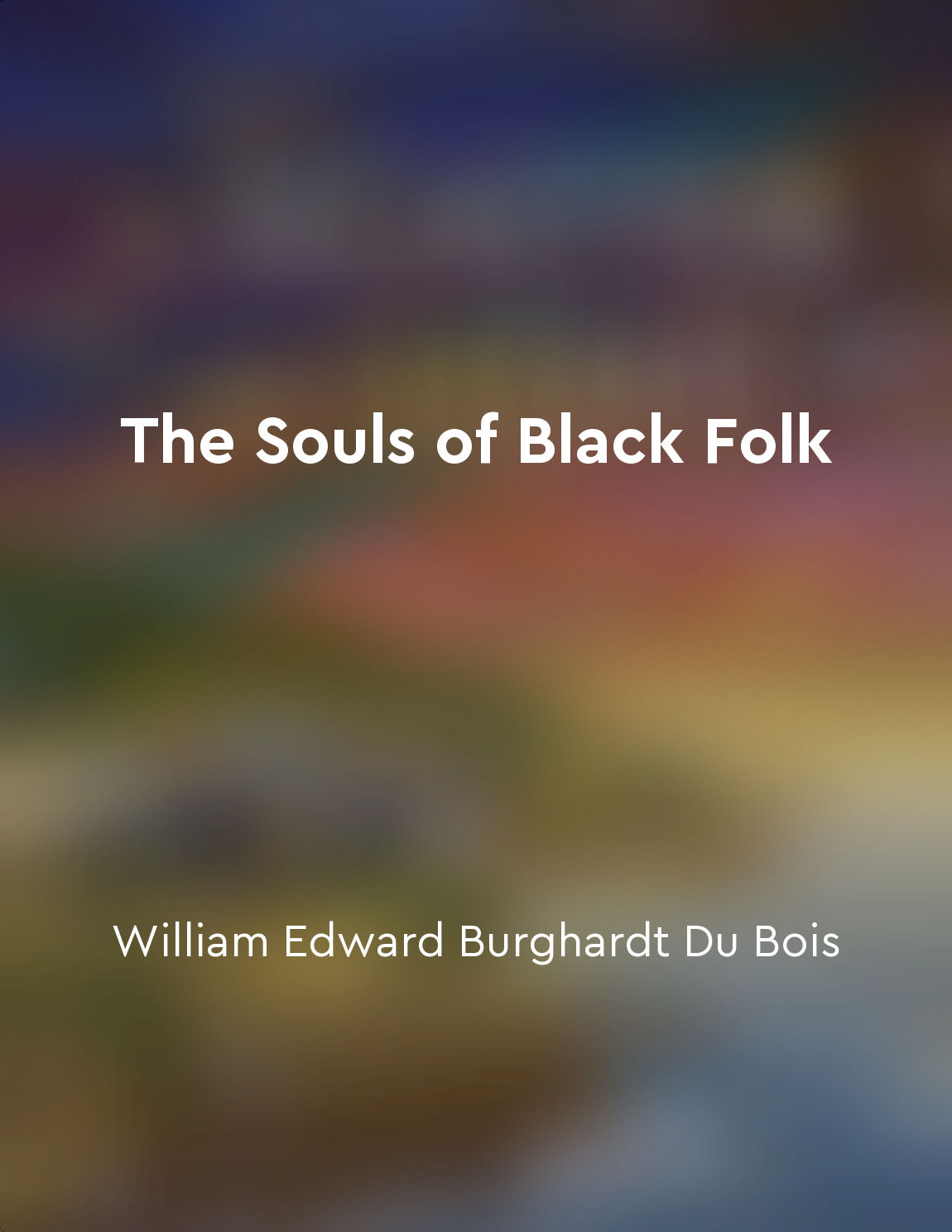Literature reflects and perpetuates societal biases from "summary" of A Room of One's Own/Three Guineas by Virginia Woolf
In the pages of novels and poems, in the words that flow from the pens of writers, lie reflections of the biases deeply ingrained in society. These biases, whether they be based on gender, race, class, or any other social construct, find their way into the narratives that shape our understanding of the world. From the heroines who are meek and submissive to the villains who are dark-skinned and sinister, literature is rife with stereotypes that serve to perpetuate these biases. Consider the portrayal of women in classic literature, often relegated to the roles of wives, mothers, or objects of desire. These representations not only reflect the limited opportunities available to women in the past but also contribute to the continued marginalization of women in society. By presenting women as secondary characters or as mere accessories to the male protagonist, literature reinforces the idea that women's voices are not as valuable or important as men's. Similarly, the depiction of people of color in literature has long been fraught with stereotypes and misconceptions. From the exoticized "other" to the dangerous criminal, characters of color are often reduced to one-dimensional caricatures that do little to challenge or subvert prevailing prejudices. By perpetuating these stereotypes, literature can serve to justify and normalize the discrimination and violence faced by marginalized communities. Moreover, the biases present in literature are not limited to gender or race but extend to class, religion, sexuality, and more. The wealthy are portrayed as virtuous and deserving, while the poor are depicted as lazy and undeserving. The devout are seen as moral and righteous, while the non-believers are painted as immoral and corrupt. These simplistic and reductive portrayals do a disservice to the complexity and diversity of human experience, reinforcing harmful stereotypes and perpetuating unequal power dynamics. In this way, literature plays a crucial role in shaping our perceptions of the world and ourselves. By reflecting and perpetuating societal biases, literature has the power to either challenge or reinforce existing norms and prejudices. It is imperative that writers and readers alike critically engage with the narratives we consume, interrogating the biases that underlie them and working towards a more inclusive and equitable literary landscape. Only then can literature truly fulfill its potential as a force for social change and progress.Similar Posts

We struggle to detect deception in strangers
The problem is that we think we can easily spot a lie. We believe that liars give themselves away with obvious, uncontrollable ...
Women's rights are human rights
The idea that women's rights are human rights is a fundamental truth that we must all understand and embrace. It is not a matte...
Ultimately, we are all connected by our shared humanity
In this world, we often forget that despite our differences in language, culture, and beliefs, we are all fundamentally the sam...
Taking responsibility for our actions is key to growth and transformation
When we choose to take responsibility for our actions, we open ourselves up to the possibility of growth and transformation. It...
Difficult women are resilient and strong
The women who populate these stories are not easy. They are complex and layered, with histories that have shaped them into the ...
The representation of gender in crime narratives reflects shifting cultural norms
The portrayal of gender in crime stories is an intricate reflection of the ever-changing cultural norms prevalent in society. T...
History often overlooks women's contributions
It is a curious fact that history often overlooks the contributions of women. We see countless accounts of great men and their ...
Silence broken
Silence broken. The women in this book are tired of keeping quiet. They are tired of carrying the weight of their stories alone...
Challenges in modern education
The modern education system has been facing numerous challenges in recent times. One of the major issues is the lack of adequat...

The quest for civil rights
The problem of the twentieth century is the problem of the color line. From the darkest jungle of the Congo to the lightest cor...
